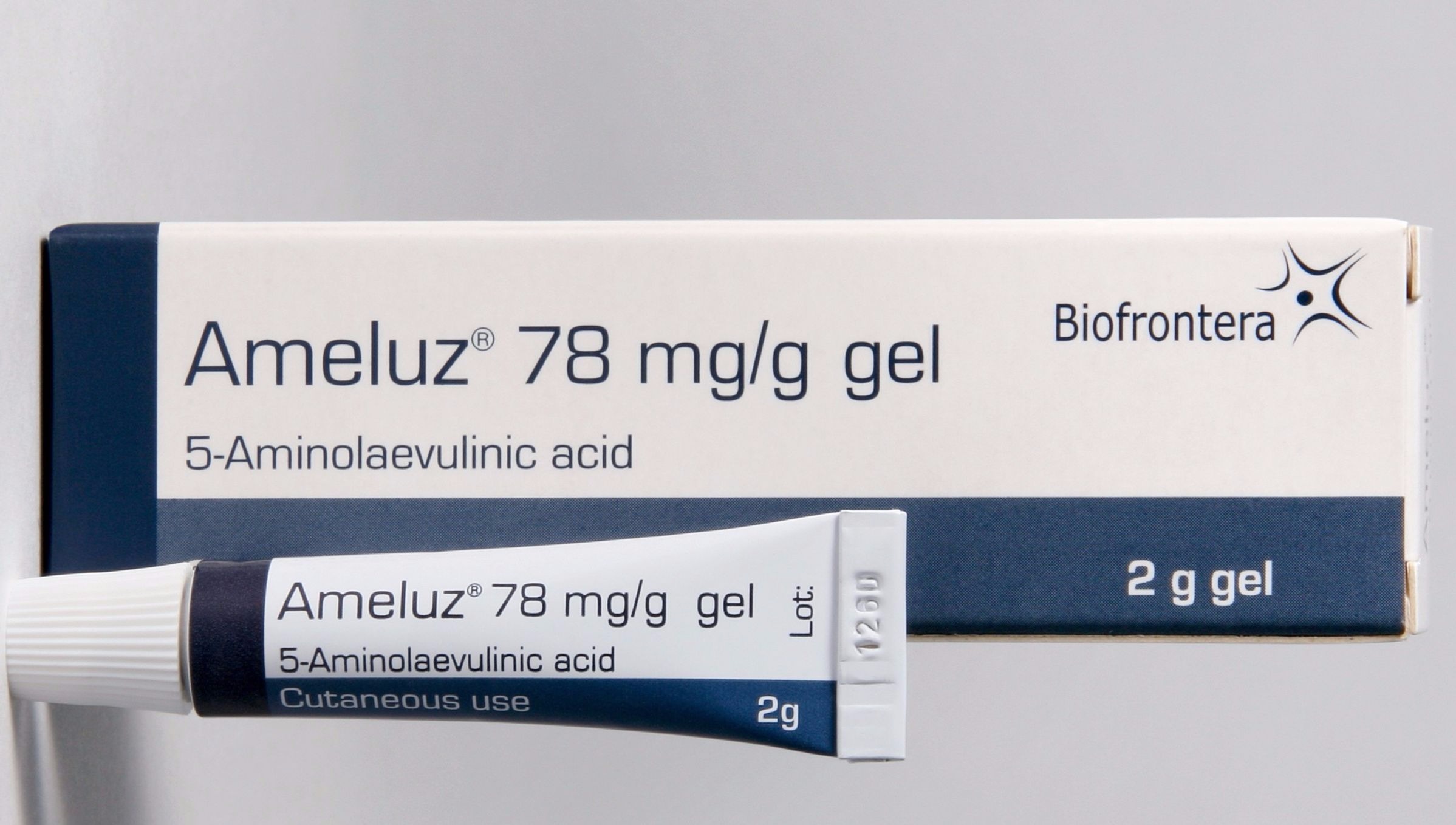Biofrontera mulls US IPO to fund skin cancer drug

German biotech Biofrontera is considering a US stock market listing to fund development and marketing of a skin cancer drug.
Biofrontera is already listed on the Frankfurt stock exchange and CEO Hermann Luebbert told pharmaphorum he is considering a listing on the Nasdaq stock exchange to fund late-stage development of Ameluz (aminolaevulinic acid) for basal cell carcinoma (BCC).
After a quiet 2016 because of uncertainty during US elections, there has been a resurgence in biotech IPOs in 2017, with Denmark's Zealand pharma one of the latest firms to file for a listing on the Nasdaq.
Biofrontera says that trial data to date suggests Ameluz could be more effective than already-marketed BCC drugs, such as topical fluorouracil.
Ameluz is approved by the FDA in combination with a medical device for the skin cancer precursor actinic keratosis, and Biofrontera aims to expand its label so it can be used in superficial BCC.
Biofrontera this month agreed a phase 3 development plan for Ameluz with the FDA in BCC, and will file for clinical development this autumn.
The company has also taken over US distribution of Ameluz in order to improve services and for dermatologist customers.
The FDA has promised to provide a special protocol review of the study, although Luebbert said the timeline for development is yet to be decided.
Costs are also unclear, as the company is calculating how many people will be needed to produce scientifically-meaningful results.
But the trial is expected to cost in the “low millions”, even though the biotech has experience in running cost-effective trials, said Luebbert.

Biofrontera CEO Hermann Luebbert
Luebbert said: “We are currently writing the study protocol based on the request of FDA, which will be followed by power calculations and discussions with potential study centres. After this, we’ll have a better picture on the cost.”
He added: “The company is currently well funded, but we are, nevertheless, considering a Nasdaq listing to finance further broadening of our approval with respect to new indications, which will include BCC, and to ramp up our sales and marketing efforts in the US as speedily as possible.”
Should the trials be successful, Luebbert hopes Ameluz will become standard treatment for superficial BCCs, which can be large and where surgery may be prohibited due to unsightly scars. Standard treatment is excision or layer-by-layer removal of the cancer.
“Other drugs are available, but their approvals are restricted to small, superficial BCCs and their efficacies in phase 3 trials have been lower than what Ameluz achieved in the European trial,” Luebbert concluded.











